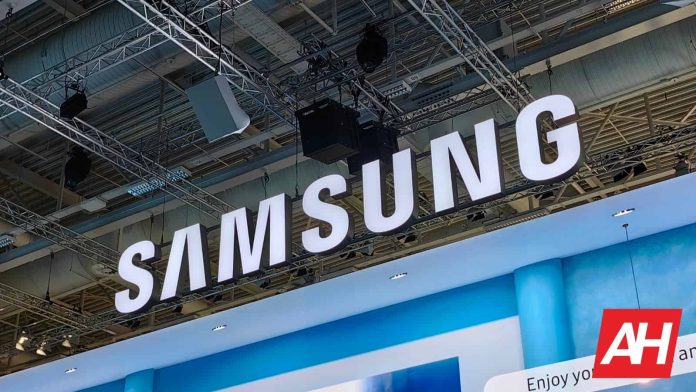[ad_1]
In June 2022, Samsung announced that it had begun the production of 3nm semiconductor chips. The Korean firm beat its arch-rival TSMC to the punch by about six months in the foundry race. It appears we will see something similar when both companies move to the 2nm node in 2025. Reports suggest Samsung will start 2nm production a few months earlier than its Taiwanese rival.
Samsung and TSMC will jump to the 2nm technology in 2025
Despite more than a year of experience manufacturing 3nm chips, Samsung has yet to apply the advanced node for smartphone processors. TSMC, on the other hand, has already manufactured Apple’s A17 Pro chip for the iPhone 15 Pro and iPhone 15 Pro Max using its 3nm node. However, reports are that both foundries are struggling with yield rates. Neither has been able to achieve a 3nm yield of over 60 percent.
Samsung’s upcoming flagship chip, the Exynos 2400 for the Galaxy S24 series, will be a 4nm solution. TSMC is also manufacturing Qualcomm’s Snapdragon 8 Gen 3 on a 4nm node. The Korean media recently said that Samsung might consider directly jumping to 2nm solutions if it fails to solve the 3nm yield issues. While it would continue to work on the latest chip fabrication tech, the company may be looking to quickly move to the next-gen solution.
TSMC, on the other hand, has slightly delayed its 2nm production plan. It’s constructing a new semiconductor plant in Baoshan, Taiwan for manufacturing advanced chips. The plant was originally expected to be ready for operation in early 2025. However, construction delays have pushed the deadline to the second quarter of 2025. At the earliest, the Taiwanese firm may start producing 2nm chips in the final quarter of 2025 with a monthly volume of 30,000 wafers.
Samsung is looking to capitalize on this opportunity
Samsung sees TSMC’s delay as an opportunity to gain a competitive edge over its Taiwanese rival in the foundry market. The latter company is also reportedly struggling with the power efficiency of the GAA (Gate All Around) transistor architecture. Its current chips use the older FinFET tech, which Samsung has already moved to the GAA architecture with the 3nm chips.
The Korean firm is now looking to utilize the experience to its benefit. By producing more efficient 2nm chips earlier than TSMC, it could be able to increase its market share. TSMC currently captures more than 50 percent of the market, with Samsung accounting for just over 10 percent. It remains to be seen whether Samsung manages to improve its foundry share with 2nm chips.
[ad_2]
Source link
